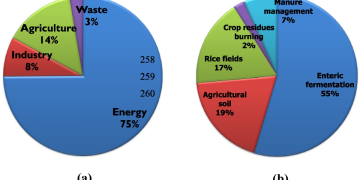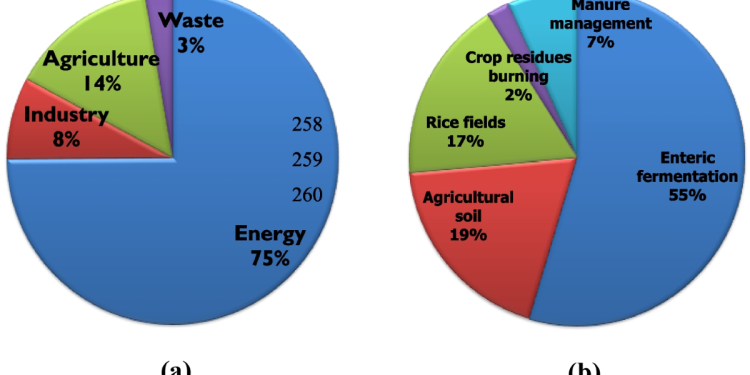🌍 Introduction
Agriculture is the backbone of India’s economy and livelihoods, supporting over 50% of the population. However, climate change poses serious risks to Indian farming through unpredictable weather patterns, droughts, floods, and shifting growing seasons. Understanding these impacts and adopting adaptive strategies is crucial for food security and rural prosperity.
Let’s explore how climate change is affecting Indian agriculture and what farmers and policymakers can do.
🌡️ Effects of Climate Change on Agriculture
- Erratic Rainfall: Changes in monsoon patterns affect crop planting and yields.
- Temperature Rise: Higher temperatures stress crops, reduce yields, and increase water demand.
- Increased Pests and Diseases: Warmer climates expand pest habitats and disease outbreaks.
- Soil Degradation: Floods and droughts lead to soil erosion and nutrient loss.
- Water Scarcity: Reduced groundwater levels threaten irrigation.
🌱 Adaptation Strategies for Farmers
1. Climate-Resilient Crops
- Growing drought-tolerant and heat-resistant varieties like millets, sorghum, and certain pulses.
2. Water Management
- Efficient irrigation techniques such as drip and sprinkler irrigation.
- Rainwater harvesting and watershed management.
3. Agroforestry and Crop Diversification
- Combining trees with crops to improve soil health and microclimate.
- Diversifying crops to reduce risk.
4. Use of Technology
- Weather forecasting apps and advisory services for timely farming decisions.
- Precision agriculture using sensors and drones.
⚠️ Challenges for Adaptation
| Challenge | Description |
|---|---|
| 💰 Financial Constraints | Limited access to credit for small farmers |
| 🧑🌾 Awareness | Low awareness of climate-smart practices in rural areas |
| 🔧 Infrastructure | Need for better irrigation and storage facilities |
| 📜 Policy Implementation | Gaps in effective dissemination of government schemes |
🌟 Government Initiatives
- National Mission for Sustainable Agriculture (NMSA) promotes climate-resilient agriculture.
- Pradhan Mantri Krishi Sinchayee Yojana (PMKSY) for improved irrigation.
- Crop insurance schemes to mitigate climate risks.
🧠 Expert Insight
“Building climate resilience in Indian agriculture is vital to safeguard farmer livelihoods and national food security.”
— Dr. Anil Kumar, Agricultural Scientist
🔚 Conclusion
Climate change presents significant challenges to Indian agriculture but also opportunities for innovation and sustainability. With the right mix of technology, policies, and farmer engagement, India can build a resilient agricultural sector ready for the future.

































































